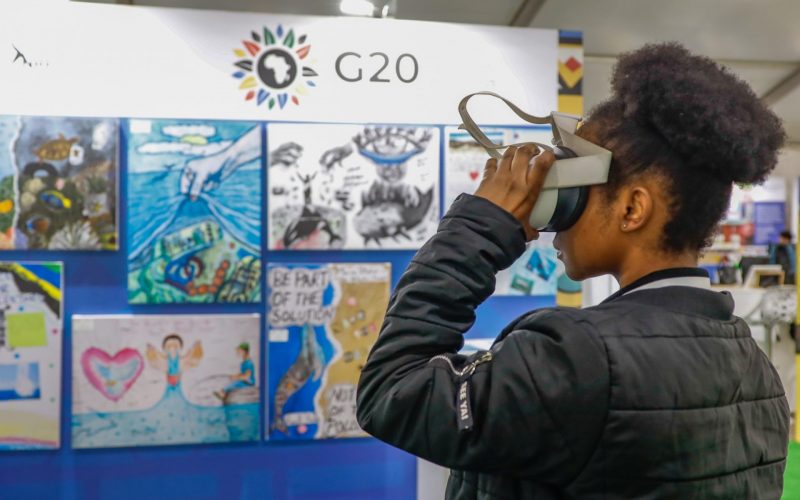Summary:
- This report presents a synthesis of insights from seven submissions to the African Peer Review Mechanism (APRM) from coalitions of civil society organisations (CSOs) in Botswana, Lesotho, Malawi, Namibia, South Africa, Tanzania and Zimbabwe.
- First, the report contextualises democracy and governance in Africa. It examines the transition towards multiparty democracy – highlighting both progress and limitations – and explores the role of the military in undermining democratic systems. In addition, it assesses democratic resilience and the value of civic engagement and analyses the application of the separation of powers doctrine in practice.
- It then addresses corruption and accountability in economic governance, economic empowerment and inequality, corporate governance and the role of the private sector, looking at strategies to strengthen governance for inclusive development. This is followed by an exploration of climate change, sustainable development, environmental practices and socio-economic development, concluding with a sustainable path forward.
- This report offers a comparative analysis of governance concerns and successes across the seven countries from the perspective of civil society. While CSOs serve as vital intermediaries between governments and communities – and are critical to a country’s long-term well-being – they are increasingly under political and financial threat.
- The findings indicate that, although significant progress has been made in developing frameworks and policies, implementation and delivery often remain weak. The report underscores the importance of strong democratic institutions, regional cooperation and inclusive governance that prioritises citizens’ needs and engages all sectors of society.
- Finally, this report affirms the value of the APRM as both a tool for peer learning and a means for civil society to hold governments accountable in a participatory and sustainable manner. More broadly, it emphasises that freedom of expression is essential not only for individual liberty but also for advancing national governance and long-term stability.









